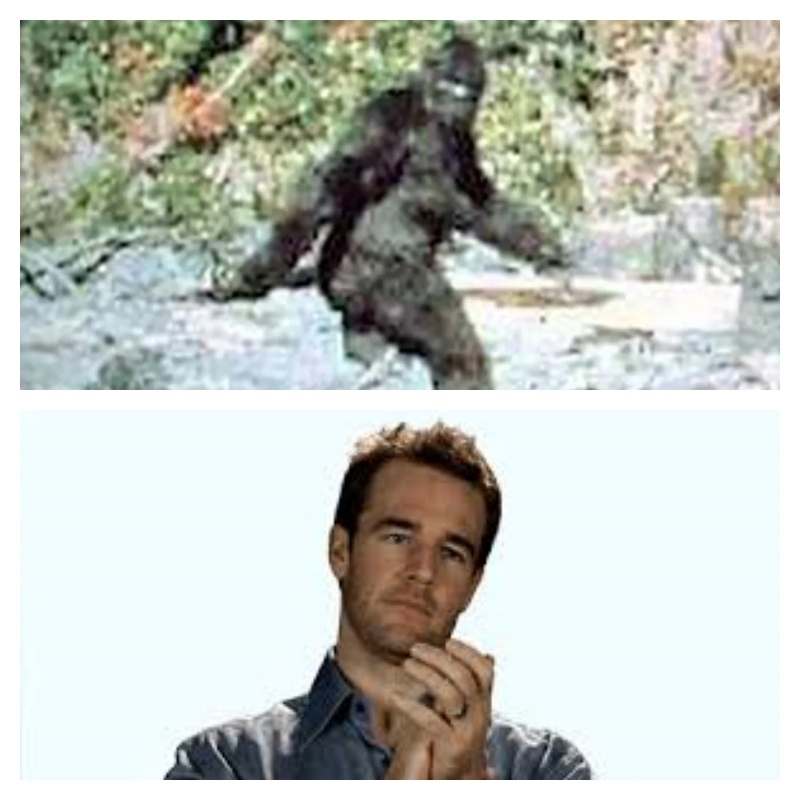I've been trying to share a particular message for a couple of years now, and I can never quite find the words. I doubt I will tonight, but I have to try again because I watched my great friend get murdered over it today.
We have a choice: catharsis or civilization.
There's no other choice for us. We can have a civilization, where people are civilized enough to live, work, and trade with one another in a productive way, a safe way, a trustworthy enough way, or we can abandon it for the pursuit of letting the negative emotions of the past years, decade, or decades consume us.
There's no other choice.
If we choose catharsis, we let our emotions, our Pathos, get the better of us. We turn to our anger and look to give it more justifications. We turn to our frustration and seek an orgiastic release through whatever deeds vents it. We turn to our oppression, our rage, our despair, our fear, and we let it flow through us until the Pathos pours out and covers the land in what will eventually be fire and blood.
Catharsis is tempting, and stepping into it will be libidinous, orgiastic, elevating, and divine, until we realize that it's the feast of demons upon everything we could have built and everything we could have passed on to our children and our posterity.
Civilization is harder. It's bitter, in fact, in comparison to catharsis. It means swallowing hard and taking all those negative emotions and sublimating them into something productive, something that builds rather than makes us feel better. Civilization feels like injustice, in fact, even though it is the only basis for justice outside of Heaven and Hell, if they exist.
If we choose civilization, we're allowed to be mad, but we must temper our anger into right action that builds something to leave a better world, which will dissolve it, of course. We're also allowed to be frustrated, but we must sublimate our frustration into the dedicated search for real and lasting solutions to our problems in a civilization worth living in and passing to our children. We are not allowed to despair, though, and we cannot persist in fear. We must have faith that swallowing and metabolizing all of our negativity to turn it into a flourishing society is possible and worth it, and faith will drive out fear and is the mortal enemy of despair.
Civilization is not available on the wide path. It is the narrow path, at least so far as worldly life goes. Veer too far to one side or the other, or even for too long a moment forget your purpose or principles, and you lose the path, lose civilization, and lose everything worth having.
Without civilization, though, we will find ourselves in a terror beyond our comprehension. Maybe it will be like the philosopher Thomas Hobbes described it in the wake of the terrible English Civil War, when civilization was nearly thrown aside. Violent, solitary or tribal, nasty, brutish, short, a wicked and selfish war of all against all. It looks like the favelas of Brazil.
Maybe we'll end up conquered, fighting among ourselves while our enemies feast on our folly. Maybe we'll end up holding it together, for a little while anyway, under a tyrant who can, for a time, make it all stop and demand order. Maybe we all just end up learning Mandarin and get along mastering the ins and outs of social credit existence.
Civilization is worth fighting for, and catharsis is the kind of momentary pleasure followed by pain that every virtue stands in opposition to. In a civilization we, and each of our children after us, can live as individuals, free to pursue our dreams in sufficient safety and opportunity to generate abundance. Catharsis will be a groupish disaster with all the allure and hangover of a drunken mosh pit.
Again, I'm not expressing myself the way I see this issue in my mind. It's such an important message that I just can't get right, no matter how I try.
What I will say is that, for any differences in the particulars my great friend Charlie Kirk and I have had, Charlie Kirk stood for, lived for, and acted to his dying breath for civilization. He was far too temperate and wise, even at 31, for catharsis.
How can I be sure?
Under strange circumstances once, I found myself out on a skiing boat on a lake with Charlie Kirk. Music was playing, we were having a good time enjoying the morning. Charlie, with his standard grin, bare chest in the sun, laughed a little and explained himself, "I had fun once, guys, and I hated it."
Then he made our host change the music from something fun and hip to... classical. And we ran up and down the lake alongside all the other party boats listening to Bach, Vivaldi, and Stravinsky, not having fun even once and loving it. Charlie Kirk lived for civilization, and nothing remotely like catharsis would have been near his mind, heart, or soul, even in its darkest, most frustrated moments.
Charlie wanted to win, but he wanted to win so that we can move away from evil and move away from cathartic, orgiastic destruction and toward civilizational order, where his family and children could grow up as strong, proud Americans.
More than that, Charlie lived for Jesus, the Logos, as He is named in John 1. He knew the difference between the Logos and the Pathos, human though he was. He understood civilization is built on the rock of Logos, and that it can never be built on the churning sands of Pathos.
That's how I know that Charlie understood the choice I still cannot articulate. We have two options, and only two. They are catharsis and civilization. Charlie Kirk lived that we would have civilization.
May Charlie Kirk not have died such that we spiral into catharsis and evil.




















